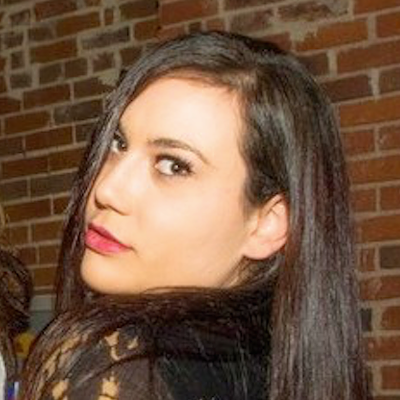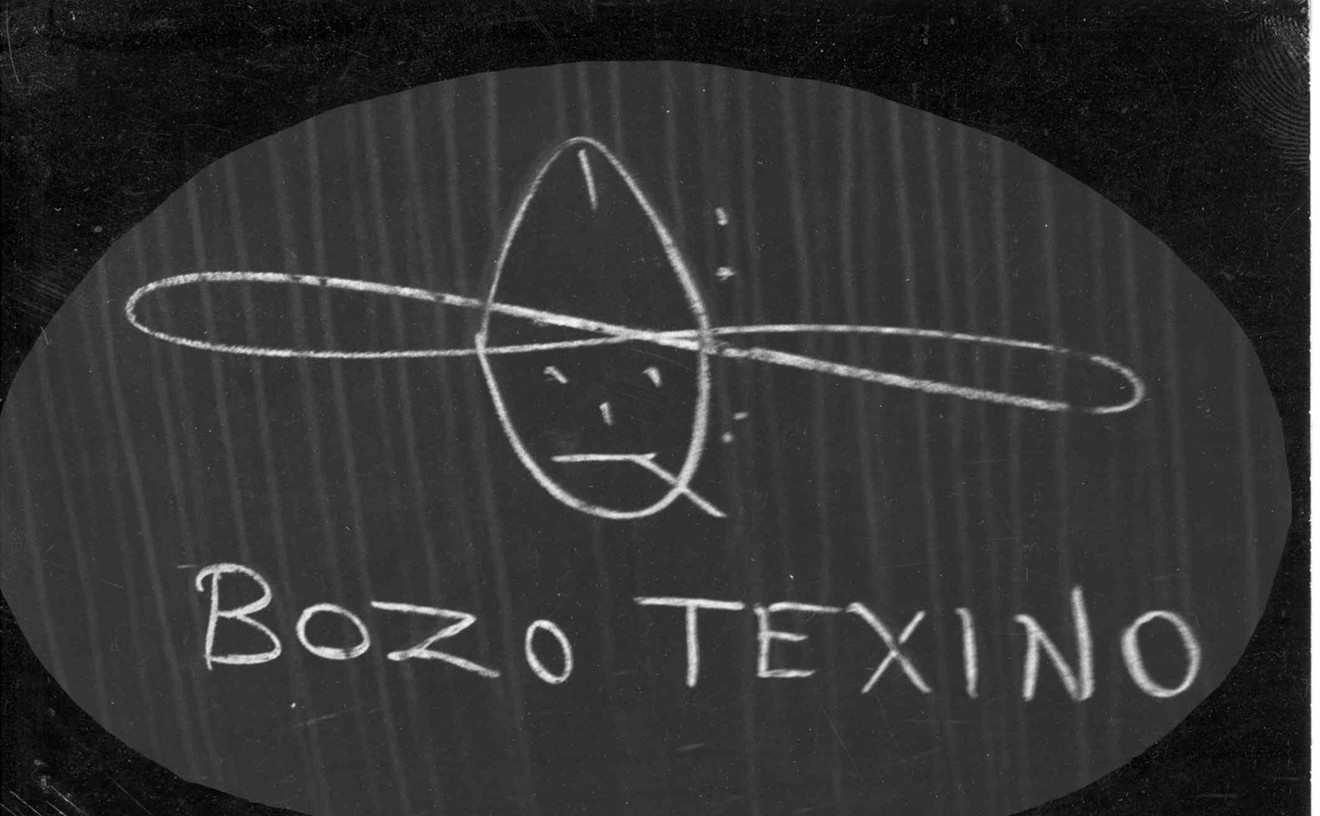With more money from the Colorado Department of Public Health and Environment going toward "Enough With the Puff" ads featuring a creepy teddy bear (pictured above) and a possible cigarette-tax hike coming (Proposition 72 is on this year's ballot), there's never been more incentive to quit smoking. There are even fewer places to smoke; recently, Wheat Ridge expanded a law banning smoking and vaporizers from parks and public land.
But cigarettes are also everywhere in "cool Denver." If you’re not on a hip bar patio on a Friday night, you ain’t shit.
I wasn't a social smoker. I was a chain-smoking, started-young, always-identified-as-a-smoker smoker. I started at fifteen and have, in the eleven years since, tried to quit twenty times. Sometimes I quit for long stints, sometimes for short stints, but they never lasted. After going back to it again last summer with a year of nicotine sobriety under my belt, I had nearly given up on my willpower.
But I finally quit two months ago and have had the least amount of withdrawals of any nicotine-free time in my life. No, it’s not just because Mercury was in retrograde, which happens to be a great time to quit bad habits. It’s because of acupuncture, an ancient practice that stimulates the brain through pressure points around the body.
Acupuncturist Mark Costello works at Ancient Art Healing, a holistic-health practice in Littleton. Costello has been helping people quit smoking since 1999.
"It’s not magic," he says. "It takes a lot of hard work on the end of the participant involved. You have to want it."
Along with some helpful detoxification methods (one involves cream of tartar), Costello activates pressure points in your ears and on your scalp, arms and hands using a laser, which is a lot less intimidating to some than its ancient cousin, the traditional needle. Most important, it actually works. "I get an 85 percent success rate with this," Costello says, "and it's usually with just one treatment."
The treatment tries to mimic the feeling nicotine gives your body. Costello says the pressure points he activates send a message to the part of your brain that is stimulated when you smoke tobacco, called the reptilian brain. The reptilian brain, also called the lower brain, is where we control life functions and things we do for basic survival, such as drink water, use the restroom in the middle of the night, and so on. Biologically, it feels like you'll die without its guidance. But it also explains why nicotine withdrawal feels like it's coming from your subconscious: Imagine a little voice in your head saying, "You need this or you will die."
So if it works so well, then why is there little research to back it up? "It's been a well-kept secret," says Costello. "It's hard to find people around the country who do this. When I started doing this, in 1999, this equipment wasn't legal in the United States. We kind of expanded what the use of these lasers were for, and in my case, it's used to heat up acupuncture pressure points. Lasers, while being legal in Europe and Canada, were not legal here until 2002. Now they're legal, the FDA knows they're safe, and a lot of people use lasers for a lot of different things."
Costello holds the laser, which creates a warm sensation on the skin, on a pressure point for fifteen seconds. It doesn't necessarily give you the punch of dopamine your brain releases to the nicotine-loving space in your brain. Instead, the dopamine is steadily released over the course of about a month. This method drastically curbs nicotine cravings — so much so that I went to my usual bars and didn't feel the need to bum a cigarette.
The first three days you quit smoking are always the most challenging. As your body slowly gets rid of the toxins built up in your lungs, you are irritable and fragile. Cravings are still there because, well, life is life. The times I quit without help, I had to avoid my favorite bars, my friends, going to shows, coffee, alcohol... pretty much everything that triggered my desire for a cigarette. I didn’t know what to expect this time around, but I knew I couldn't smoke one more day.
The most noticeable difference between quitting cold turkey and with acupuncture is stress: I feel less this time around because my cravings aren't as bad. The difference the acupuncture has made in my overall willpower has allowed me to push past tiny moments of weakness.
While one treatment costs a pretty penny ($250), it includes a lifetime of "tune-ups" at no additional cost, as long as you don't relapse. Costello says he has treated over 1,000 patients in twenty years.
I recently went to a show at Red Rocks with my friends who are smokers, and I didn't cave. I went to a bar, sat on several smoking patios, and didn't flinch. That was all in the first week. Now I have eight under my belt, and I'm going strong.
Contact Mark Costello at Ancient Art Healing, 2516 West Main Street in Littleton. Visit his website and set up an appointment to quit at 303-797-6656
[
{
"name": "Air - MediumRectangle - Inline Content - Mobile Display Size",
"component": "12017618",
"insertPoint": "2",
"requiredCountToDisplay": "2"
},{
"name": "Editor Picks",
"component": "17242653",
"insertPoint": "4",
"requiredCountToDisplay": "1"
},{
"name": "Inline Links",
"component": "18838239",
"insertPoint": "8th",
"startingPoint": 8,
"requiredCountToDisplay": "7",
"maxInsertions": 25
},{
"name": "Air - MediumRectangle - Combo - Inline Content",
"component": "17261320",
"insertPoint": "8th",
"startingPoint": 8,
"requiredCountToDisplay": "7",
"maxInsertions": 25
},{
"name": "Inline Links",
"component": "18838239",
"insertPoint": "8th",
"startingPoint": 12,
"requiredCountToDisplay": "11",
"maxInsertions": 25
},{
"name": "Air - Leaderboard Tower - Combo - Inline Content",
"component": "17261321",
"insertPoint": "8th",
"startingPoint": 12,
"requiredCountToDisplay": "11",
"maxInsertions": 25
}
]











